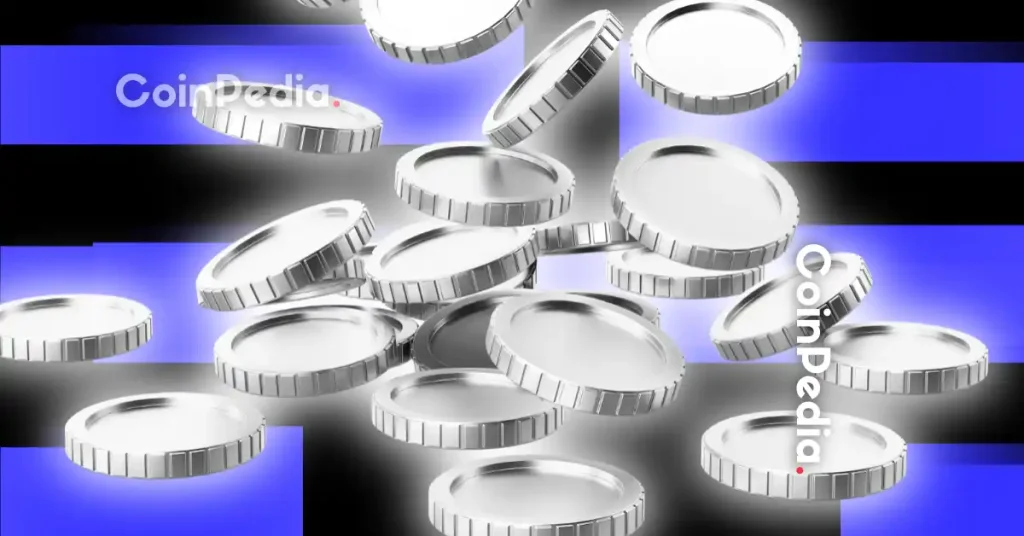PayPal Bets Big on Stablecoin-Focused Layer 1 ’Stable’ to Supercharge PYUSD Adoption
PayPal just placed its chips on the stablecoin table—and the entire crypto market is watching the stakes.
The payments giant revealed its strategic investment in 'Stable,' a Layer 1 blockchain built specifically for stablecoin efficiency. This isn't just diversification—it's a direct power-up for PayPal's own PYUSD stablecoin.
Engineering the Stablecoin Highway
Stable's architecture cuts transaction costs and settlement times to levels that make traditional finance look like dial-up. The chain operates like a dedicated express lane for dollar-pegged assets—bypassing the congestion of general-purpose networks.
PayPal's move signals more than just confidence. It's infrastructure warfare. They're not just issuing a stablecoin—they're building the rails it runs on.
The PYUSD Acceleration Play
This investment turbocharges PYUSD's utility across DeFi protocols and payment channels. Integration with Stable's native ecosystem gives PayPal's stablecoin instant scalability—something competitors are scrambling to achieve.
The timing couldn't be more strategic. As regulatory scrutiny intensifies, controlling the underlying technology provides both defensive moats and offensive advantages.
Because nothing says 'financial innovation' like building your own toll road for digital dollars—while traditional banks are still figuring out how to wire funds between time zones.

PayPal has invested in Stable, a Layer 1 blockchain focused on stablecoins, to boost the distribution, utility, and liquidity of its US dollar-backed stablecoin, PayPal USD (PYUSD). Stable will integrate PYUSD into its fast, low-cost network to support seamless commerce and financial transactions. The investment highlights PayPal’s commitment to expanding PYUSD adoption across multiple blockchains and unlocking new payment and commerce use cases worldwide.

